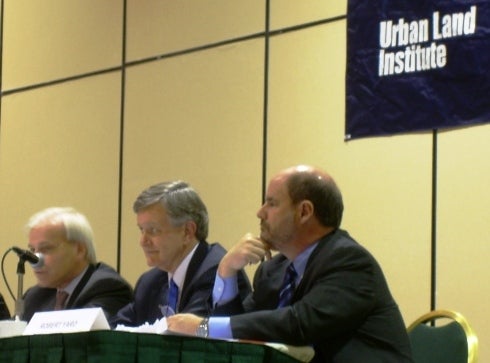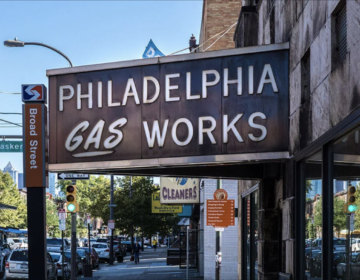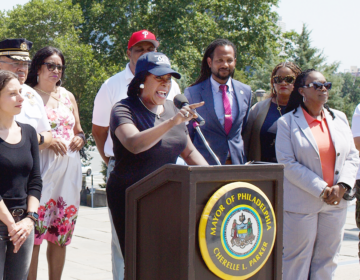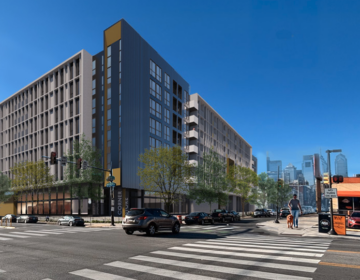Pa. highway infrastructure at breakpoint

April 19
By Matt Blanchard
For PlanPhilly
With an $8 billion backlog of road and bridge repairs, Pennsylvania faces a crisis of transportation funding that could stunt the region’s economy, according to attendees at an Urban Land Institute conference in Philadelphia on Thursday.
Ominously titled, “Transportation Infrastructure: The Perfect Storm Approaches,” the conference described a state with 5,913 structurally deficient bridges – the highest number in the union – and 8,528 miles of road in poor condition. Add to that the budget shortfalls at SEPTA, which is contemplating a 31 percent fare increase and a 20 percent reduction in weekday rail service.
“Unfortunately, Pennsylvania has some pretty sad situations,” said state Secretary of Transportation, Allen Biehler.
While no speaker discussed the Philadelphia waterfront, the implications for that planning project were hard to miss.
A transportation funding crisis could make even modest waterfront visions very difficult to pay for, while more pie-in-the-sky concepts such as burying parts of Interstate 95 along the Delaware River may be entirely lost in this funding “storm”.
PennDOT district manager Rina Cutler made it plain:
“Right now we’d be very hard-pressed to add any new projects to the list,” Cutler said. “We can’t pay for what we already have, and the needs have been growing quicker than the resources.”
PennDot’s 12-year capital plan already contains 541 projects waiting for funding, she said.
And the looming crisis is not confined to Pennsylvania. Former assistant secretary of the U.S. Department of Transportation, Emil H. Frankel, told the crowd the nation faced a transportation crisis on all fronts, with rising congestion of highways, inland waterways, seaports and airports.
Yet a strong streak of optimism shone through the general gloom, led by keynote speaker John Hickenlooper, the mayor of Denver.
Having recently won a campaign to build a $1 billion rail transit system throughout Denver and its suburbs, Hickenlooper credited his success to a lengthy charm offensive. The result was a level of city-suburban cooperation unheard of in the Philadelphia region.
Other speakers urged Philadelphia to look beyond its immediate transit woes and plan for the future. Infrastructure is ultimately an economic development opportunity, suggested Thomas Morr, president of Select Greater Philadelphia, a regional marketing firm.
“Companies who consider moving to Philadelphia ask themselves: ‘Is this a place that addresses its problems?” Morr said to the several hundred attendees. “Is this a region that steps up and solves its problems as they arise?”
Matt Blanchard is a former Philadelphia Inquirer reporter with a BA in Urban Studies from Penn (’97). He now teaches writing at the University of the Arts in Philadelphia.
WHYY is your source for fact-based, in-depth journalism and information. As a nonprofit organization, we rely on financial support from readers like you. Please give today.






